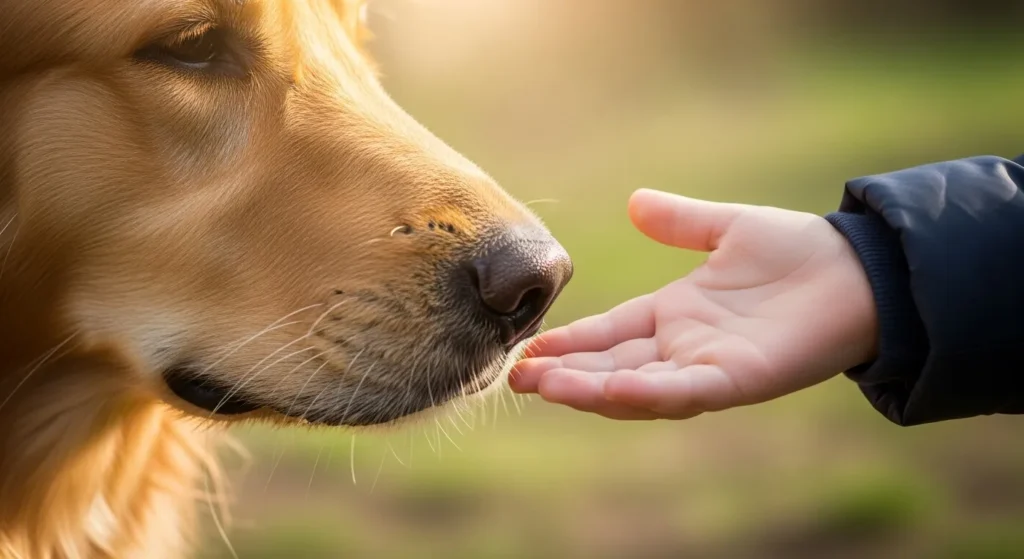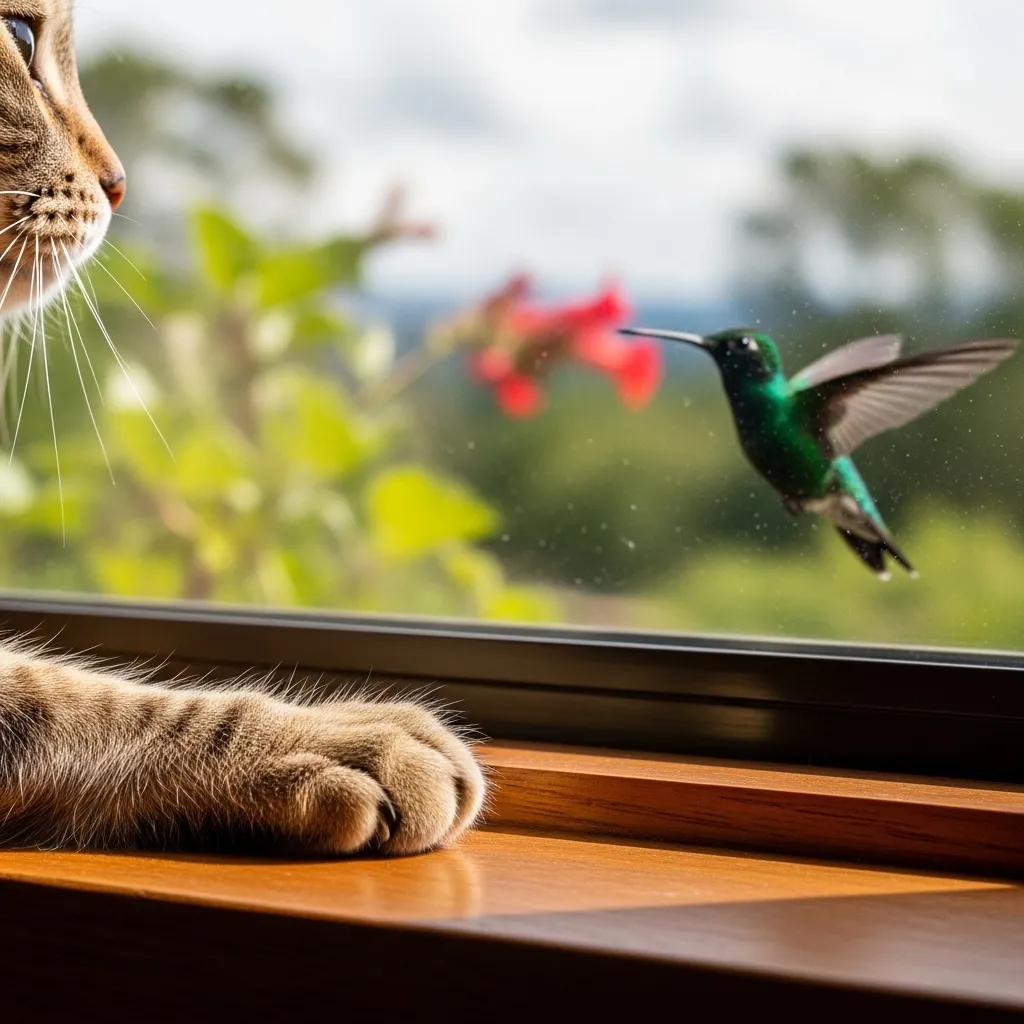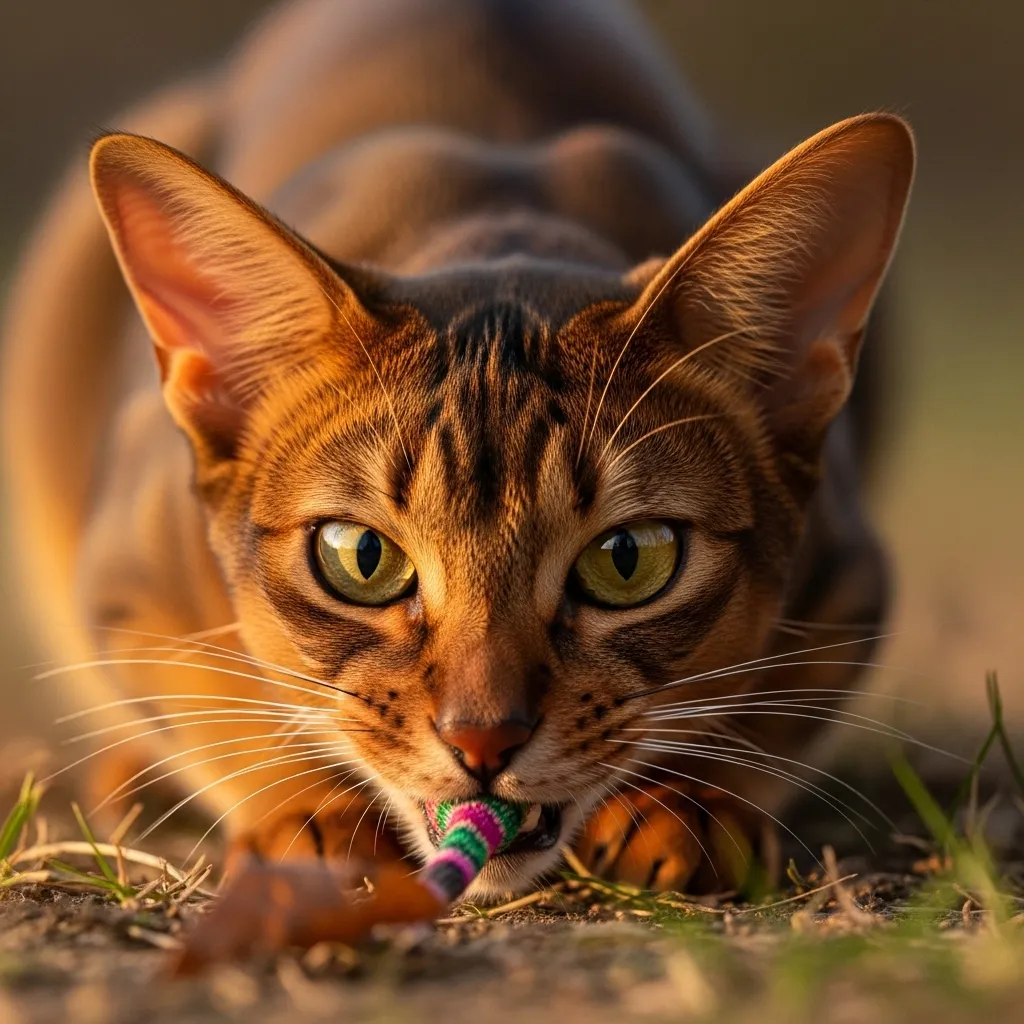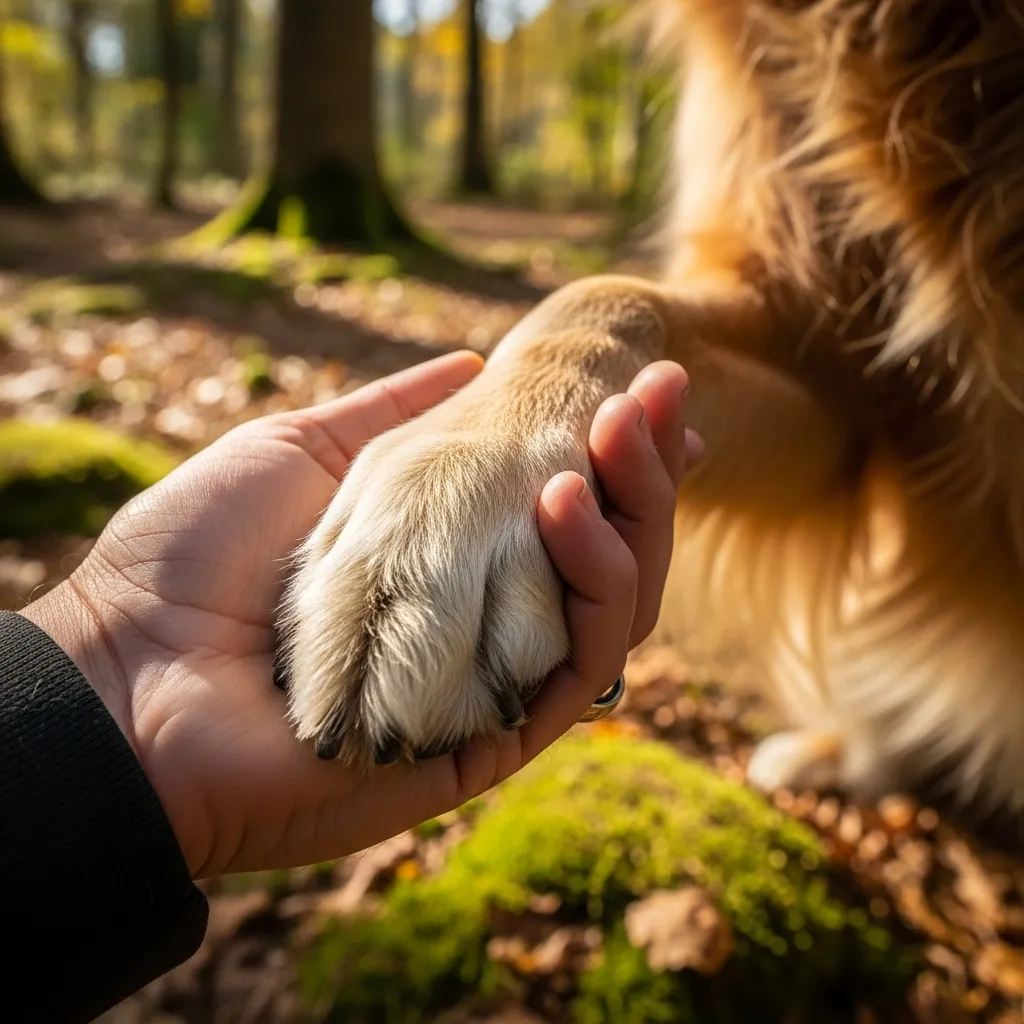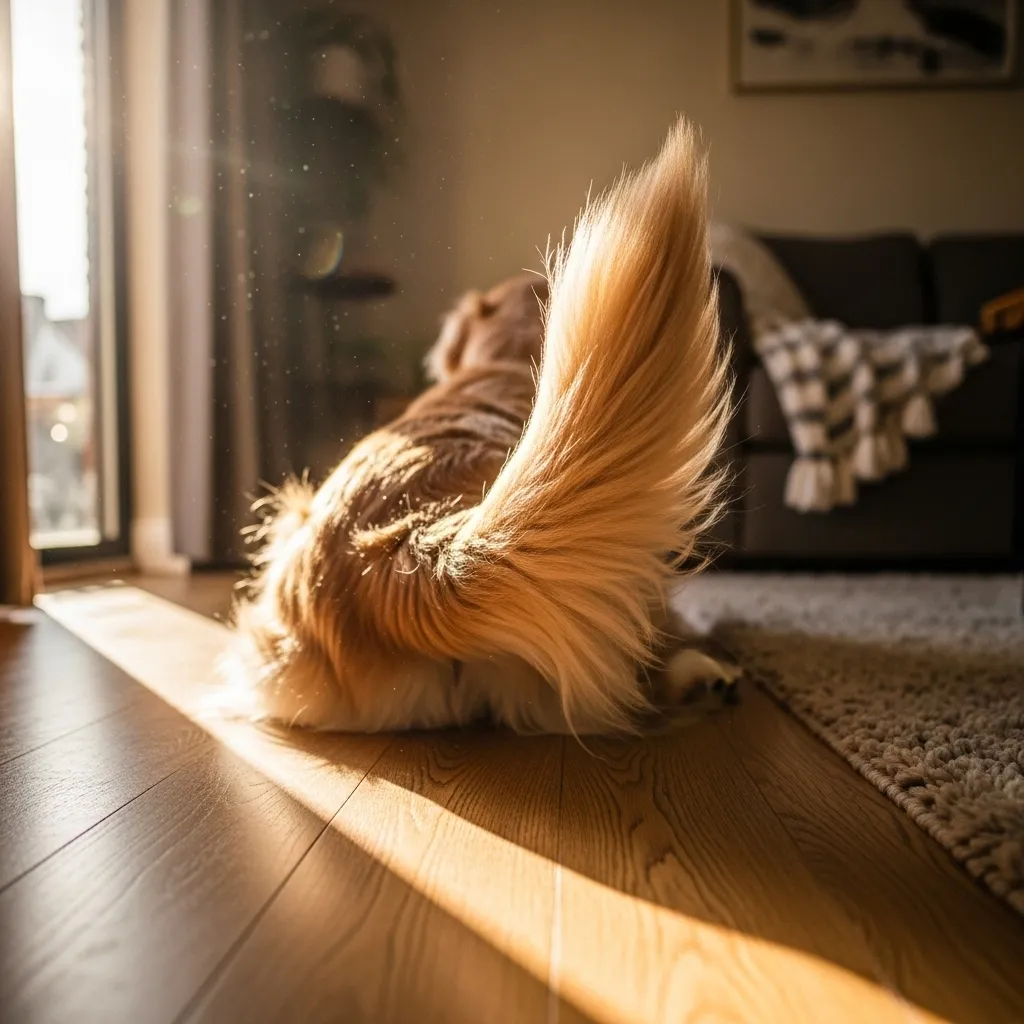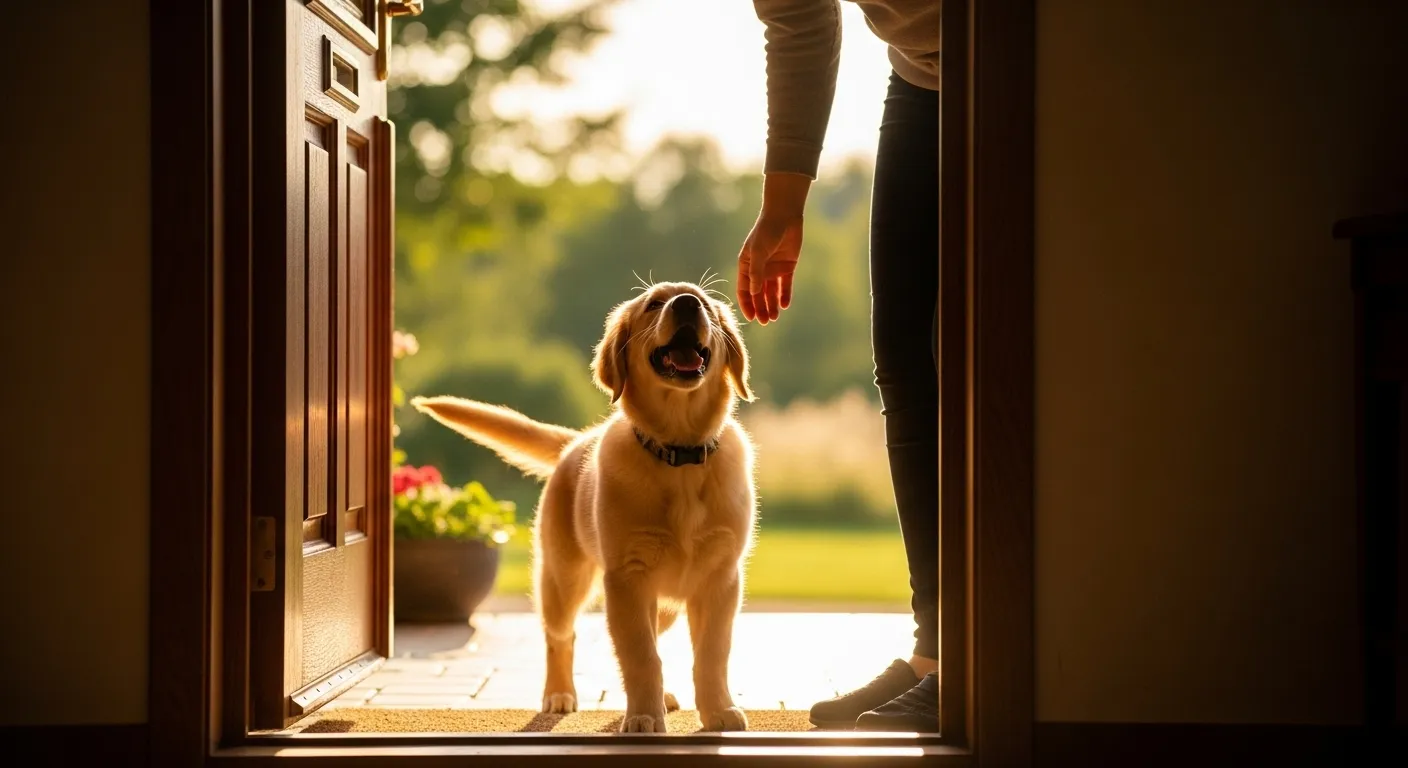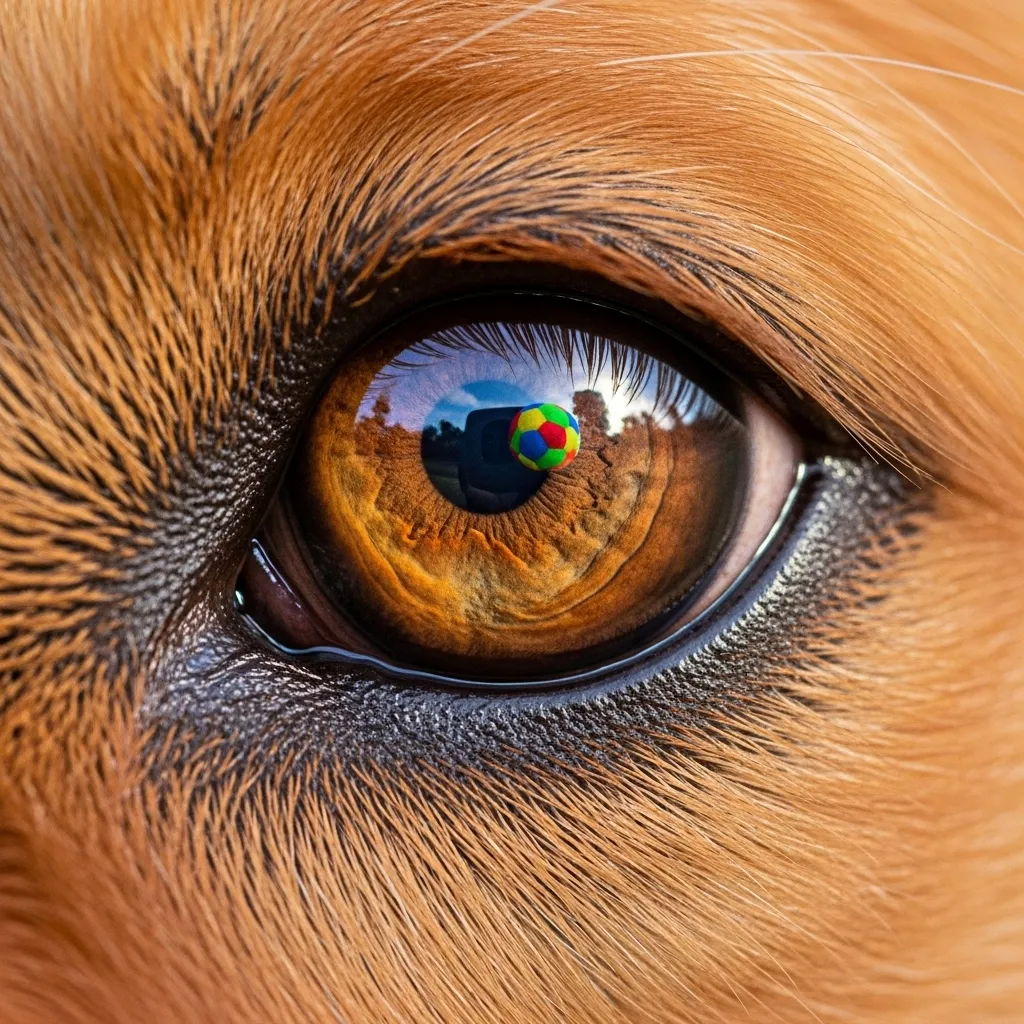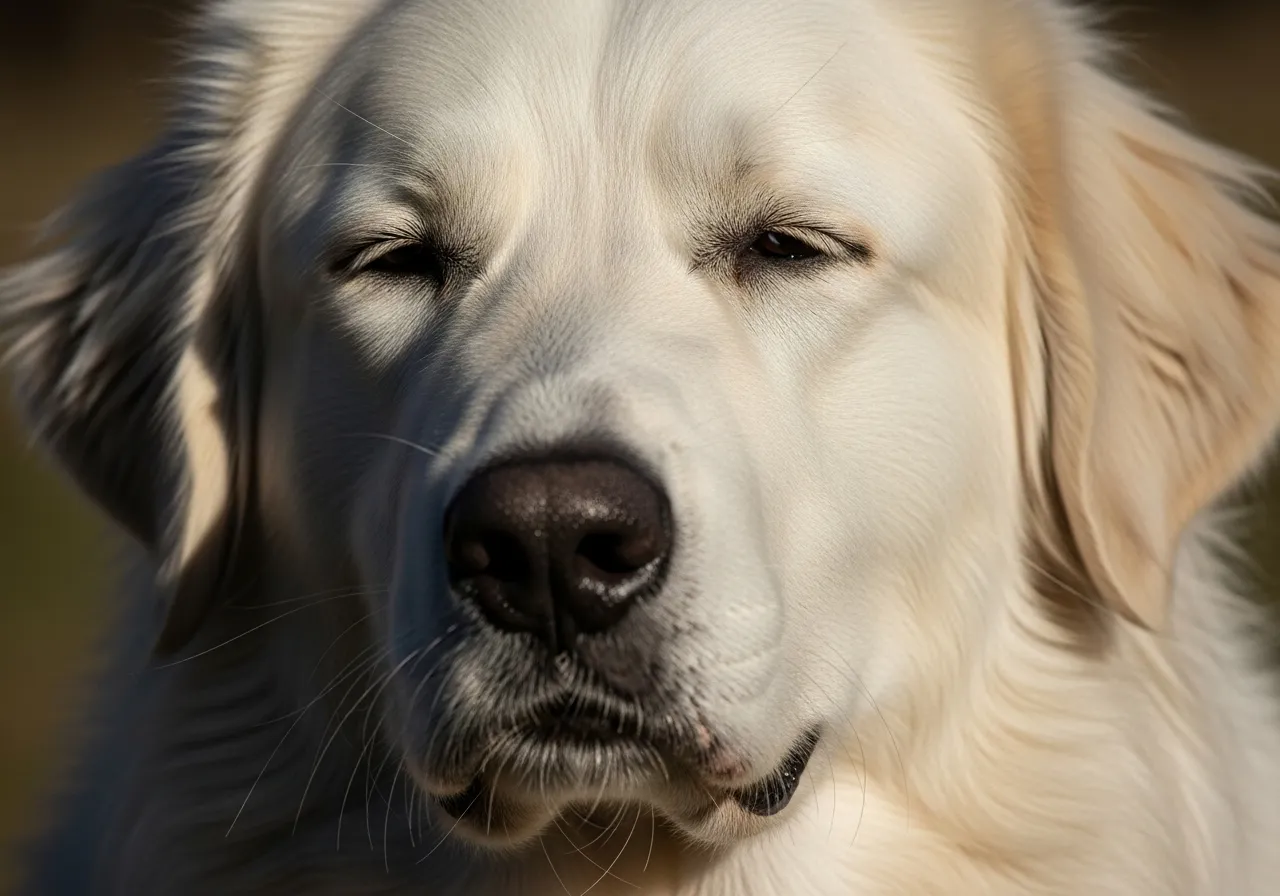
3. Great Pyrenees: The Gentle and Steadfast Protector
The Great Pyrenees is a majestic, giant breed with a heart as big as its frame. For centuries, these dogs worked in the Pyrenees Mountains between France and Spain, independently guarding flocks of sheep from predators. This history shaped their unique form of loyalty: a calm, patient, and watchful devotion.
History and Temperament
Unlike breeds that look to their owner for constant direction, the Great Pyrenees was bred to think for itself. They are intelligent, but not in a flashy, “let’s-learn-a-trick” way. Their intelligence is more contemplative and intuitive. They are known for their gentle, patient nature, especially with children and small animals in their own family, whom they consider their “flock.” Their loyalty is expressed through quiet guardianship. They are always aware of their surroundings and ready to protect their family with a surprisingly deep, commanding bark.
What to Expect with a Great Pyrenees
Size and Exercise: These are very large dogs, often weighing over 100 pounds. Despite their size, they are not high-energy. They were bred for endurance, not speed, and are content with a couple of leisurely walks each day in a securely fenced area. A fence is non-negotiable, as their instinct is to roam and patrol their territory.
Grooming: Their beautiful, thick white double coat is surprisingly dirt- and tangle-resistant, but it does require regular brushing (at least once or twice a week) to prevent mats and manage shedding. They have double dewclaws on their rear legs that need to be trimmed regularly.
Training: Training a Great Pyrenees requires a different approach. Because of their independent nature, they can be stubborn. They need to understand the “why” behind a command. Short, positive, and patient training sessions work best. Yelling or using force will get you nowhere with this dignified breed. They learn routines quickly and are deeply bonded to their people, but they may not offer the instant, snappy obedience of a German Shepherd.
The Barking: Great Pyrenees are nocturnal by nature. This means they are often most active and vigilant at night, and they will bark at anything they perceive as a threat—a passing car, a raccoon in the yard, the wind. This is not a nuisance behavior; it is their job. Potential owners must be prepared for this trait.
Is a Great Pyrenees a Good Fit for Seniors?
This breed can be a wonderful companion for older adults, with a few important considerations. Their calm demeanor and moderate exercise needs can be a great match for a less active lifestyle. However, their giant size can be a challenge. A sudden lunge on a walk could be difficult to manage for someone with mobility issues. Furthermore, their extensive grooming needs might require hiring a professional groomer. If these factors can be managed, their gentle and steadfast presence can be an incredible comfort.



